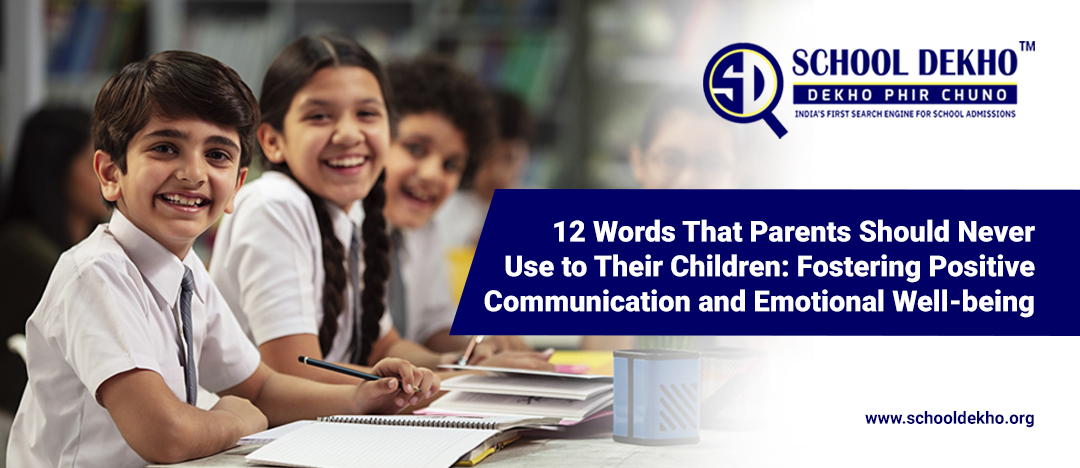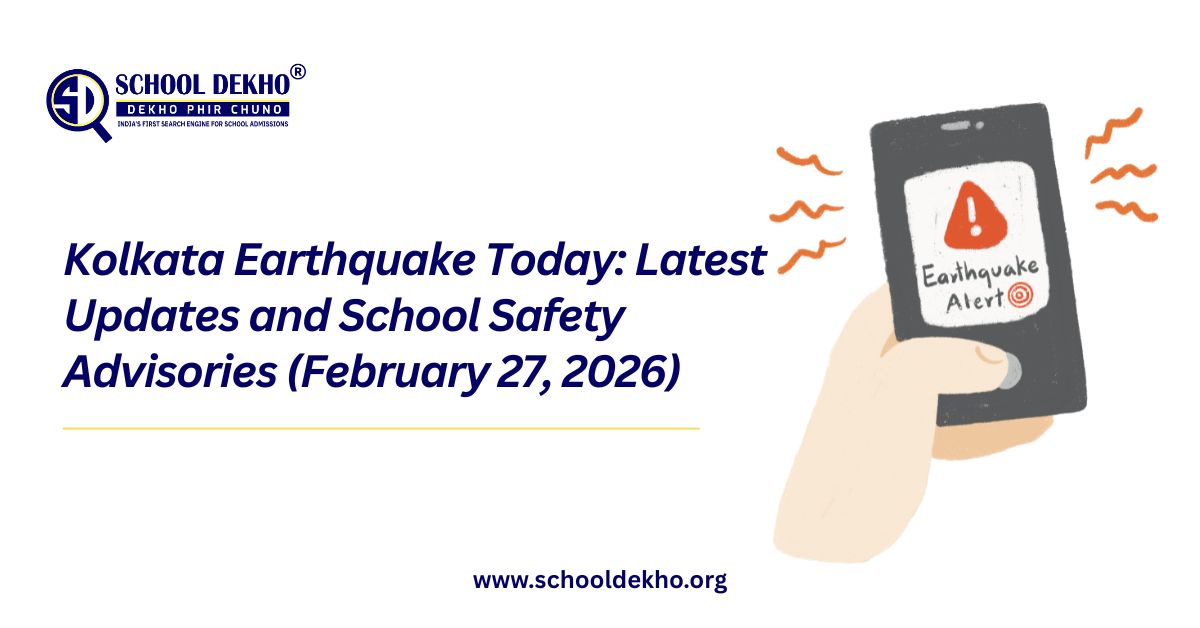12 Words That Parents Should Never Use to Their Children: Fostering Positive Communication and Emotional Well-being

Parent-child communication plays a vital role in shaping a child's emotional well-being and self-esteem. The words parents choose can have a lasting impact on their children's development. This article explores 12 words that parents should avoid using when communicating with their children. By being mindful of their language, parents can create a nurturing environment that promotes healthy relationships and positive emotional growth.
- Stupid:
Labeling children as "stupid" can severely damage their self-esteem and intellectual confidence. Instead of using derogatory terms, parents should focus on encouraging their children's strengths and offering constructive guidance when they face challenges.
- Useless:
The word "useless" undermines a child's sense of worth and discourages them from pursuing their goals. Parents should emphasize effort, growth, and improvement, emphasizing that mistakes are opportunities for learning and growth rather than indicators of inherent worth.
- Fat:
Comments about a child's weight can lead to body image issues and contribute to the development of eating disorders. Parents should promote a healthy body image by focusing on the importance of a balanced lifestyle, emphasizing physical activity and nutritious eating habits.
- Lazy:
Labeling a child as "lazy" can demotivate them and inhibit their willingness to take on new challenges. Instead, parents can offer support and create a structured environment that encourages productivity and growth.
- Failure:
Using the word "failure" can instill fear of making mistakes and hinder a child's willingness to take risks. Parents should help their children reframe setbacks as learning opportunities, emphasizing resilience, and highlighting the value of perseverance.
- Ugly:
Negative comments about a child's appearance can lead to poor self-image and self-worth. Parents should focus on teaching their children about inner beauty, emphasizing kindness, empathy, and the uniqueness of each individual.
- Can't:
Telling a child they "can't" do something limits their belief in themselves and their abilities. Instead, parents should encourage a growth mindset, helping children understand that with effort, practice, and determination, they can overcome challenges and achieve their goals.
- Worthless:
Using the word "worthless" damages a child's self-worth and can lead to feelings of hopelessness and inadequacy. Parents should emphasize the inherent value and potential of each individual, helping their children recognize their strengths and supporting their personal growth.
- Dumb:
Calling a child "dumb" can have a detrimental impact on their self-esteem and intellectual development. Parents should provide a supportive and nurturing environment that encourages curiosity, critical thinking, and a love for learning.
- Disappointed:
Constantly expressing disappointment can create a sense of guilt and inadequacy in children. Instead, parents should focus on constructive feedback, emphasizing effort, improvement, and the importance of learning from mistakes.
- Weak:
Labeling a child as "weak" undermines their self-confidence and resilience. Parents should promote a growth mindset, highlighting the value of perseverance, determination, and the ability to bounce back from challenges.
- Always/Never:
Using absolutes like "always" or "never" in criticisms or arguments can be hurtful and may create a negative atmosphere. Parents should strive for open and honest communication, focusing on finding solutions and understanding the perspectives of both parents and children.
The words parents choose when communicating with their children have a profound impact on their emotional well-being and self-esteem. By avoiding these 12 harmful words, parents can foster positive relationships, encourage growth, and create a nurturing environment that promotes the overall development of their children.
In conclusion, the words parents use when communicating with their children hold immense power and influence over their emotional well-being and self-perception. By being mindful of the language they use, parents can create a positive and supportive environment that nurtures their children's growth and development. Avoiding derogatory terms, labels and negative absolutes allows for healthier parent-child interactions, fostering a sense of self-worth, confidence, and resilience. It is crucial for parents to focus on constructive feedback, encouragement, and empathy, emphasizing effort, improvement, and learning from mistakes. By choosing their words carefully, parents can build strong, positive relationships with their children, fostering an atmosphere of love, understanding, and emotional well-being.
Contact with Us
Call: 1800 - 2588 - 074
Mail: info@schooldekho.org
Student’s Best Education Portal | School Dekho | India's First School Search Engine | Best Schools Near Me | Find Schools Near Me | Dekho Phir Chuno
#dekhophirchuno






